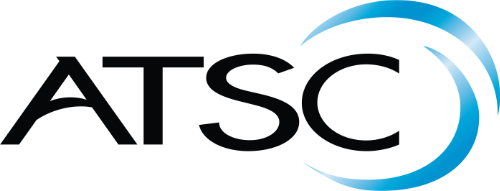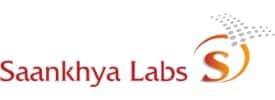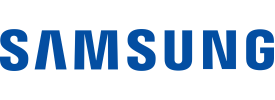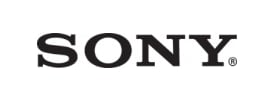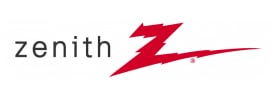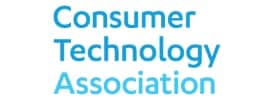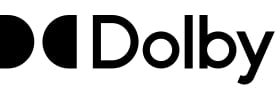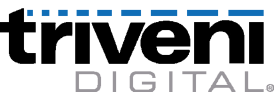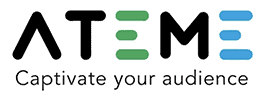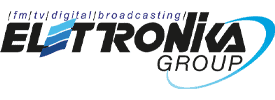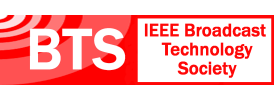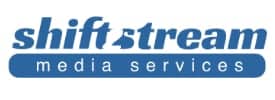- About
- Members
- Sponsors
- Subcommittees
- About Our Subcommittees
- Technology Group 3
- Implementation Team 1 – Advanced Emergency Information
- Implementation Team 2 – India
- Implementation Team 3 – ATSC 3.0 Conformance
- Implementation Team 4 – Brazil
- Implementation Team 5 – Tower Network
- Implementation Team 7 – Caribbean
- Implementation Team 8 – Automotive
- Planning Team 4 – Future Broadcast Ecosystem Technologies
- Planning Team 5 – Automotive Applications
- Planning Team 6 – Global Recognition of ATSC 3.0
- Planning Team 9 – Sustainability
- Technical Documents
- News
- Events
- Spotlight ATSC 3.0
- Contact Us
- Member Login
- Member Meetings
- Advanced Search
Search Site
Member Links
- About
- Members
- Sponsors
- Subcommittees
- About Our Subcommittees
- Technology Group 3
- Implementation Team 1 – Advanced Emergency Information
- Implementation Team 2 – India
- Implementation Team 3 – ATSC 3.0 Conformance
- Implementation Team 4 – Brazil
- Implementation Team 5 – Tower Network
- Implementation Team 7 – Caribbean
- Implementation Team 8 – Automotive
- Planning Team 4 – Future Broadcast Ecosystem Technologies
- Planning Team 5 – Automotive Applications
- Planning Team 6 – Global Recognition of ATSC 3.0
- Planning Team 9 – Sustainability
- Technical Documents
- News
- Events
- Spotlight ATSC 3.0
- Contact Us
- Member Login
- Member Meetings
- Advanced Search
Member Profile: Anthony Vetro, Mitsubishi Electric
Posted on November 7, 2013 in ATSC News
Member Profile
When Anthony Vetro started working at Mitsubishi Electric in 1996, he focused primarily on the design of video decoders. At the time, Mitsubishi was working together with Lucent Technologies on developing an integrated HDTV chip set including demodulation, demultiplexer, audio and video decoders and display processing functions (for more information click here). That was the same year that the FCC adopted the technology behind the ATSC Digital Television Standard, so it was a very exciting time to be working on digital television. And Vetro says he’s been hooked ever since.
Fast forward to the present: Vetro currently manages a group at Mitsubishi that is responsible for research and standardization on video coding, and his work also includes image processing, information security, sensing technologies, and speech/audio processing. In addition to his contributions to consumer electronics products, he has also had the opportunity to apply his expertise to a broad range of other products including surveillance and camera monitoring systems, automotive equipment, as well as satellite imaging systems.
Vetro enjoys being engaged in challenging research problems and applying advanced technologies to products. He works with R&D and product teams in Japan to realize this, but he also has strong ties to the academic community and remains active in various IEEE conferences and technical committees. In 2011, Vetro became a Fellow of the IEEE.
In addition to his research, Vetro has also been involved in MPEG standardization for many years, serving as an ad-hoc group chair and editor for several projects and specifications. He was a key contributor to the Multiview Video Coding extension of the H.264/MPEG-4 AVC standard and is a deeply involved in the development of next-generation video coding standards. Additionally, Vetro now serves as Head of the U.S. delegation to MPEG.
Involvement in ATSC
Mitsubishi Electric has had a long involvement in ATSC starting from the initial roll-out of DTV services. Their current ATSC activities are focused on 3D TV and the next-generation broadcast standard (ATSC 3.0). Vetro currently serves as vice-chair of the S12 specialist group on 3D TV, and he participates in other specialist groups such as S6 and S34 that address issues with video codecs. In the past, he was participated in the mobile video work under S4, and the planning teams that launched the 3D and ATSC 3.0 efforts.
The Membership Advantage
“It’s very rewarding to be part of an organization that continues to, literally, set the standard for digital television. Being part of the process and being able to networking with broadcasters and other manufacturers is huge benefit to membership. I’m really excited to see how the new ATSC 3.0 work evolves,” Vetro says.
Outside Mitsubishi and ATSC
When he’s not in the office or on the road, Vetro enjoys spending quality time with his family, including his 8-year-old son and 3-year-old daughter. They live in the Boston area and enjoy the various seasonal activities that New England has to offer.
Posted in ATSC News
News Categories
News Archives
Subscribe
Subscribe to The Standard, our monthly newsletter. Learn More
Join ATSC
ATSC is a membership organization with both voting and observer categories. Voting members include corporations, nonprofit organizations, and government entities, and they participate actively in the work of ATSC. Observers are individuals or entities not eligible to be a voting member.
Subscribe to our Newsletter
Subscribe to The Standard, our monthly newsletter, to stay up-to-date with ATSC news and events around the world.
Site Links
Contact Us
Advanced Television Systems Committee, Inc.
1300 I Street NW, Suite 400E
Washington, DC 20005
Do you have questions about ATSC?
About ATSC
The Advanced Television Systems Committee, Inc., is an international, non-profit organization developing voluntary standards and recommended practices for digital terrestrial broadcasting. ATSC member organizations represent the broadcast, broadcast equipment, motion picture, consumer electronics, computer, cable, satellite, and semiconductor industries. ATSC also develops digital terrestrial broadcasting implementation strategies and supports educational activities on ATSC standards.
© 2024 ATSC
